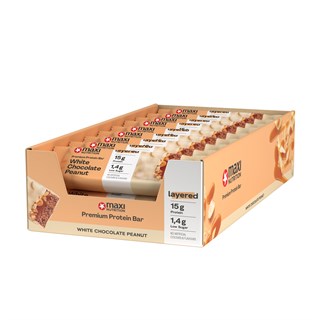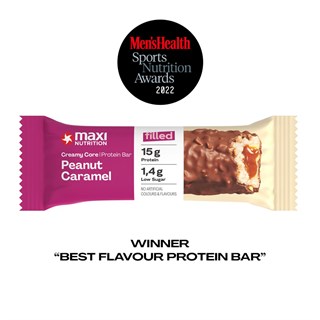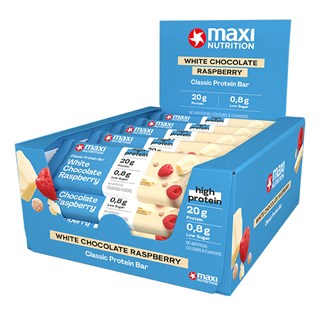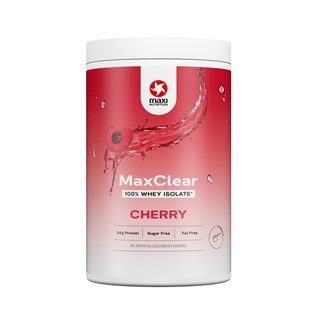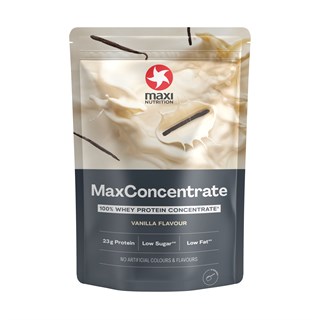Eating the right foods after exercise is important for your physique goals
If training is the key then nutrition must be the lock. They both work together to help you achieve the greatest training adaptation. Whether you are looking to become faster, stronger or more powerful, nutrition is a fundamental ingredient. Post exercise nutrition should be a key focus for any exerciser; of course this should be tailored depending on how hard you have worked - a balance between the requirements versus the need.
During exercise you cause reversible muscle tissue damage which is subjected to greater damage when the intensity is higher or when you exercise more often. Don’t let that hard work be in vain; having a post exercise nutritional strategy to help your body maximise the training adaptation can be really beneficial to taking you another step closer to your exercising goal. To help get you on the right track based on the scientific evidence we have spilt the requirements in to three sections of carbohydrate, protein and fluid.
Carbohydrate
Carbohydrates are stored within the body and used for energy. If you are exercising for more than 60 minutes or if the intensity of your exercise is high then aim to consume 1g of carbohydrate per kg of body weight after your game or workout.
Protein
Protein helps with the rebuilding and development of muscle tissue that is strained during exercise so aim for an intake of 20-40g of protein after exercise. This should be consumed from protein sources like chicken, turkey, egg or alternatively Maximuscle products offer a great tasting convenient way to consume 20-40g per serving, depending on the product.
Fluid
During exercise you will lose fluid in the form of sweat, it is therefore important that you replace this to maintain hydration. Check to see what you have lost by weighing yourself both pre and post exercise and monitoring the difference. If there is no difference you should continue to drink as normal but if your body weight after exercise is lighter than before exercise, consume 100ml of liquid for every 0.1kg difference in body weight.
Read more about Hydration in Sport and Fitness.Hopefully this offers you some thought provoking information to help produce your personal post exercise feeding strategy, supporting your body and replacing what is used and lost through exercise. Put this plan into action and see the difference!






